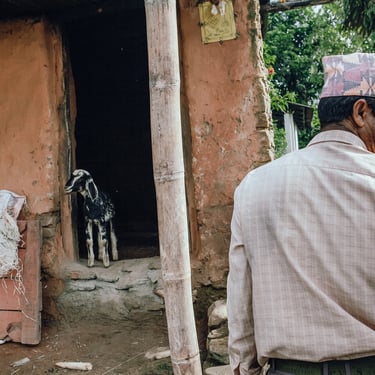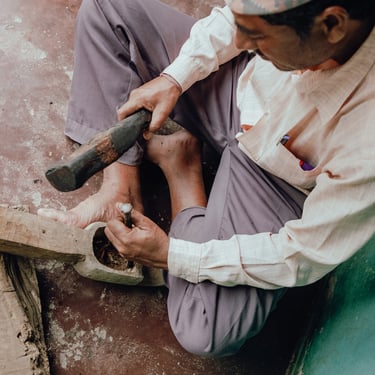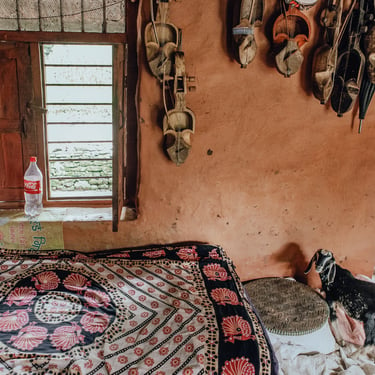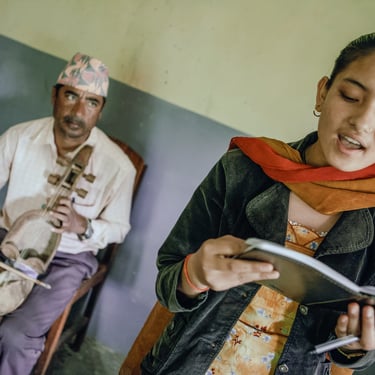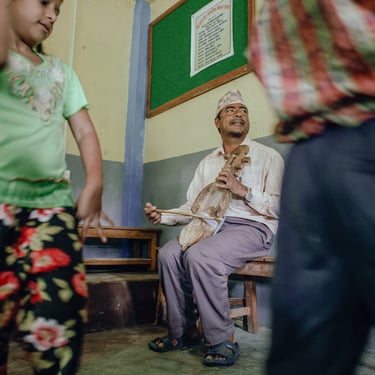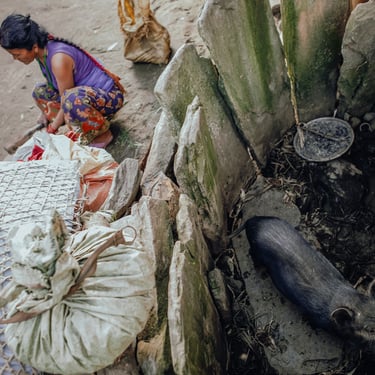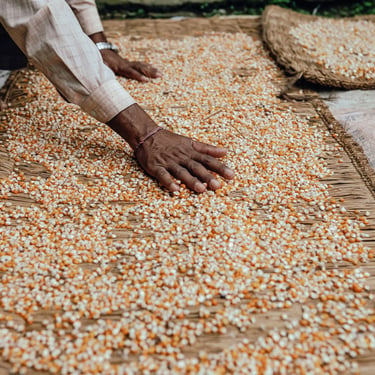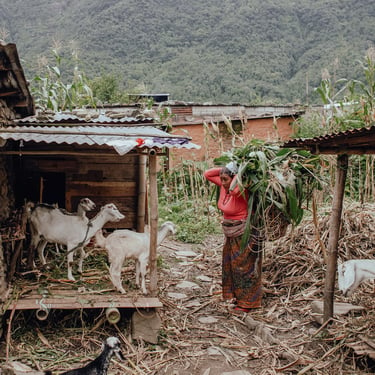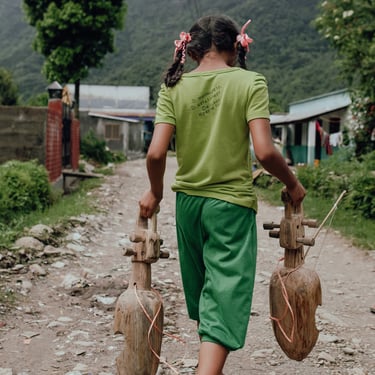The untouchable music
The Gandharva are a caste group traditionally considered Dalit, meaning “oppressed.”
In the socio-religious hierarchy of Hindu societies, Dalits occupy a position outside the main caste system and inherit through generations the status of “untouchable.” They have long faced systemic discrimination: denial of property rights, unequal access to education, and social exclusion that prevents them from sharing meals or spaces with members of higher castes. As a result, Dalit communities often live in marginalized settlements, on the outskirts of towns or in rural areas.
Historically, the Gandharva traveled through remote villages across the Himalayan regions of Nepal and northern India, spreading news and stories in an era when communication was limited. They sang ballads of battles, distant places, and legends, moving from door to door and sustaining themselves through donations.
With the arrival of radio, television, and later the internet, their traditional role as bearers of oral news and storytelling gradually disappeared. Urbanization and democratization—especially in Nepal—also reshaped caste relations, and Dalits have slowly gained access to education and broader social participation.
Today, the Gandharva make their living by performing music at local festivals and by crafting and selling handmade instruments such as the sarangi, a stringed instrument resembling a lyre, in tourist areas. Many also work in agriculture, raise cattle, fish, and pass down their musical traditions to younger generations, preserving a vital part of Nepal’s cultural heritage
